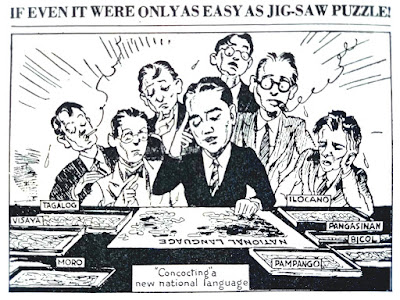For our last two sessions, we will be watching the movie Searching for Bobby Fischer. Already, my second session players are excited and asked if they can bring party food. Of course I answered in affirmative.
Since 2003 I have supervised and coached scholastic chess clubs, all of which from international schools here in the Philippines. I have seen repeating patterns in running a chess club. The first time you offer it, you will get a huge turn-out for registration. But as the weeks pass, the "real ones" stay and persevere in learning the game while those who registered for "finding-out" sake, stop attending the club meetings.
I can't really blame those kids for not wanting chess. Chess is not for everyone but its worth finding out if the game is for them or not. Chess is boring, its difficult and its time consuming. It takes away "talk-time" for those who plays the game and these days, our youth would rather talk than think.
On the other hand, I've seen kids register in the club and never miss a session. These are the kids who share my passion for the game. I can't really give you guys what kind of kids they are. Some are nerdy and some are sporty. Some are into music and some are into poetry.
Running a scholastic chess club clearly eradicates the geeky chess player type in one's mind.
I never had a chess coach or a guide when I was an elementary student and I know exactly how it feels when you long to learn and play the game but the opportunity just don't show up.
I give my students this chance to learn, enjoy and play the game of chess.
Ralph E. Brown, a scholastic chess coach in the States, wrote the book A Beginners Guide to Coaching Scholastic Chess in 2006. A very successful chess coach he is, he had this basic coaching philosophy which I admire, remember and use as a guide for my own chess teaching and coaching:
"I do not coach Chess to make future Grandmasters out of my players and there is nothing in this book that will help you coach future Grandmasters. I coach Chess because it is the only activity available to K-12 students that they can do their entire life regardless of their physical condition. I coach Chess because it is an activity that helps families be together as a family. I coach Chess because it helps my students to become better learners. Finally, I coach Chess because I love the game!"
Your approach to scholastic chess club is very, very different from your local chess club. Local chess clubs exists because there are players who need exposure to different opponent's playing skills. These are the players who are ready to move on from the advanced beginner level to intermediate level. For scholastic chess players, you will have players who knows nothing about the game except the fact that to play the game, you will have to move pieces of different kinds.
Ain't it cute?
So why aren't you running a scholastic chess club in your school? Of course, playing the game is different from teaching the game.
Oh I need to go now, my K1-G2 students are waiting for me and my assistant coach in the school lobby. We will be watching Susan Polgar's Learning Chess The Easy Way DVD while munching on some Krispy Cream I bought just before lunchtime.
Bye!


What an impressive dedication you have in making chess very active in your area. I would agree that it really helps kids become more mentally active in schools. It's a game that is only played by those who have passion in playing it. Keep doing what you are doing. Many kids and parents will thank you for doing it.
ReplyDeleteYou might also want to check out http://smartdolphins.net/